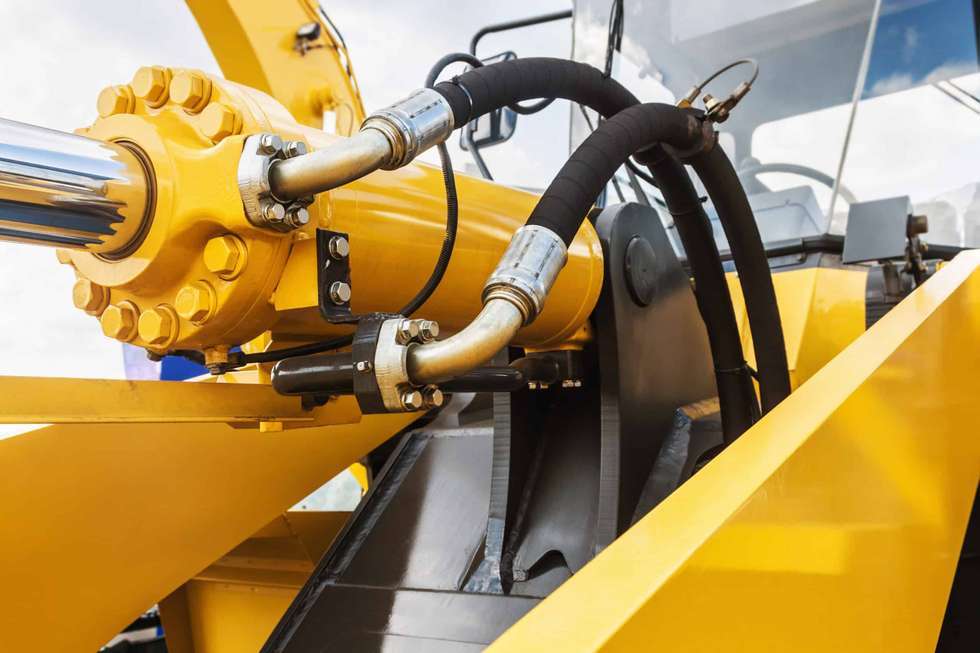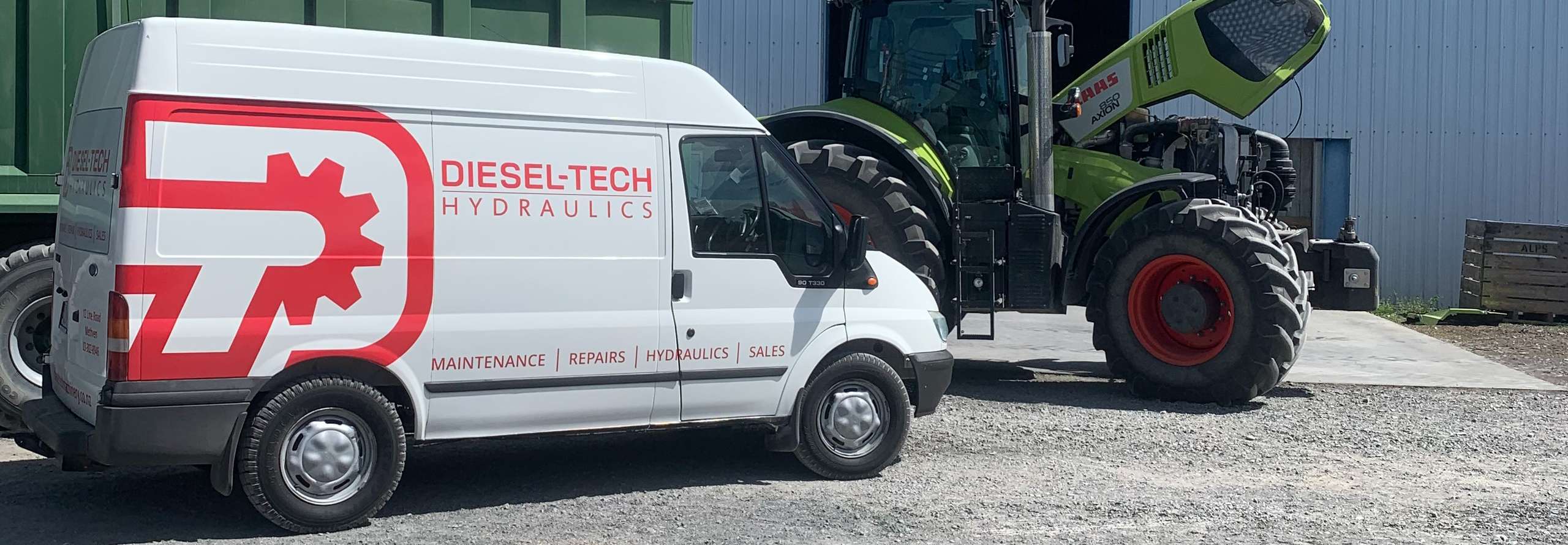Blog
Hydraulic Repairs Will Be Needed When There Is Fluid Contamination
Posted January 9, 2023
Your hydraulic equipment is designed to run at high-pressure levels; however, if your hydraulic fluid becomes contaminated, the overall performance of your equipment will be compromised, and damage caused, leading to the need for hydraulic repairs.
Understanding how contamination occurs and how to prevent it is vital to the optimum performance of your hydraulic equipment. Read on to find out more and to help reduce the need for hydraulic repairs in the future.
Types Of Hydraulic Contamination Leading To Repairs
When hydraulic fluid is contaminated, its ability to lubricate and protect system components is diminished, often leading to the need for hydraulic repairs. Adverse side effects such as corrosion and slurry build-up can occur, which can cause significant problems to your systems.
Hydraulic contaminants include the following:
- Particulate Contamination - This type of contamination occurs when foreign particles gain access to the hydraulic system. Depending on the type of system you are operating, this could commonly include sand, dust, mud and metal bits or flakes. Particulate contamination can happen during hydraulic repairs to the system or through faulty seals and filters.
- Water Or Moisture Contamination - If any form of water, including water vapour, enters the hydraulic system, it will affect the ability of the hydraulic fluid to be compressed and to lubricate. Hydraulic fluid will look milky and can also become sludgy. The biggest concern, however, is that oxidisation and corrosion can occur in the system, which will increase the need for hydraulic repairs. While filtration can remove water, it is far better to opt for prevention by ensuring the system is sealed and secured against water contamination.
- Chemical Contamination - When exposed to pressure and high temperatures, hydraulic fluid will eventually break down into other chemical components, some of which may be harmful to your hydraulic system. It is also to regularly analyse your hydraulic fluid to detect signs of degradation and act swiftly to reduce the need for hydraulic repairs.
Prevention Is Better Than Cure To Reduce Hydraulic Repairs
Pay attention to your routine maintenance programme and ensure that all maintenance is carried out correctly to prevent unnecessary repairs. Always follow the manufacturer's specifications for the hydraulic fluid used in your system and avoid mixing different products within one system. This could lead to unexpected chemical reactions and damage to the system.
Contact Diesel-Tech Machinery today for expert hydraulic repairs onsite or in our fully-equipped workshop. Our professional team can handle your repairs with specialist efficiency to reduce downtime. Please chat with our experts about setting up the ideal maintenance programme for your hydraulic system for optimum performance.


